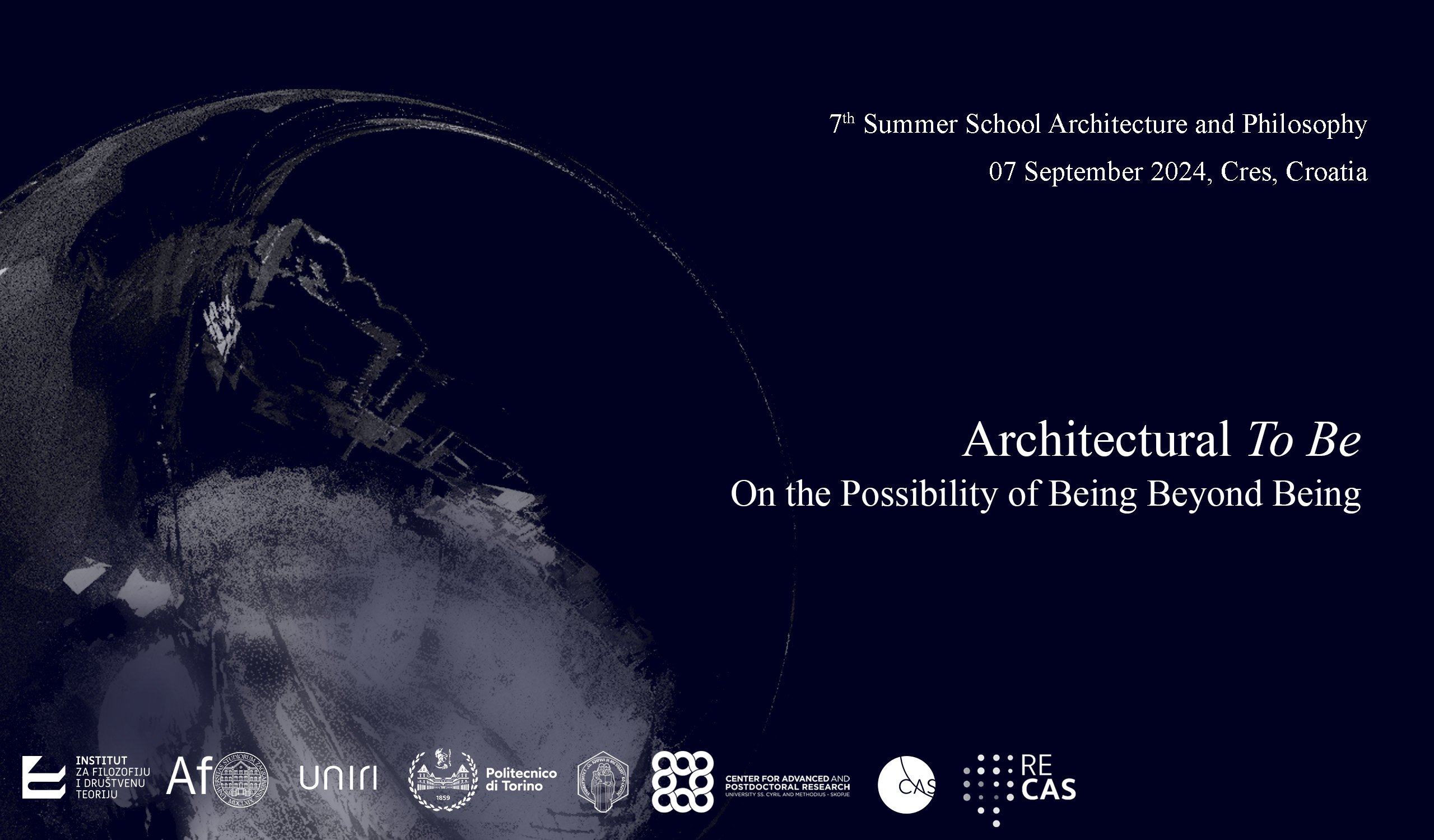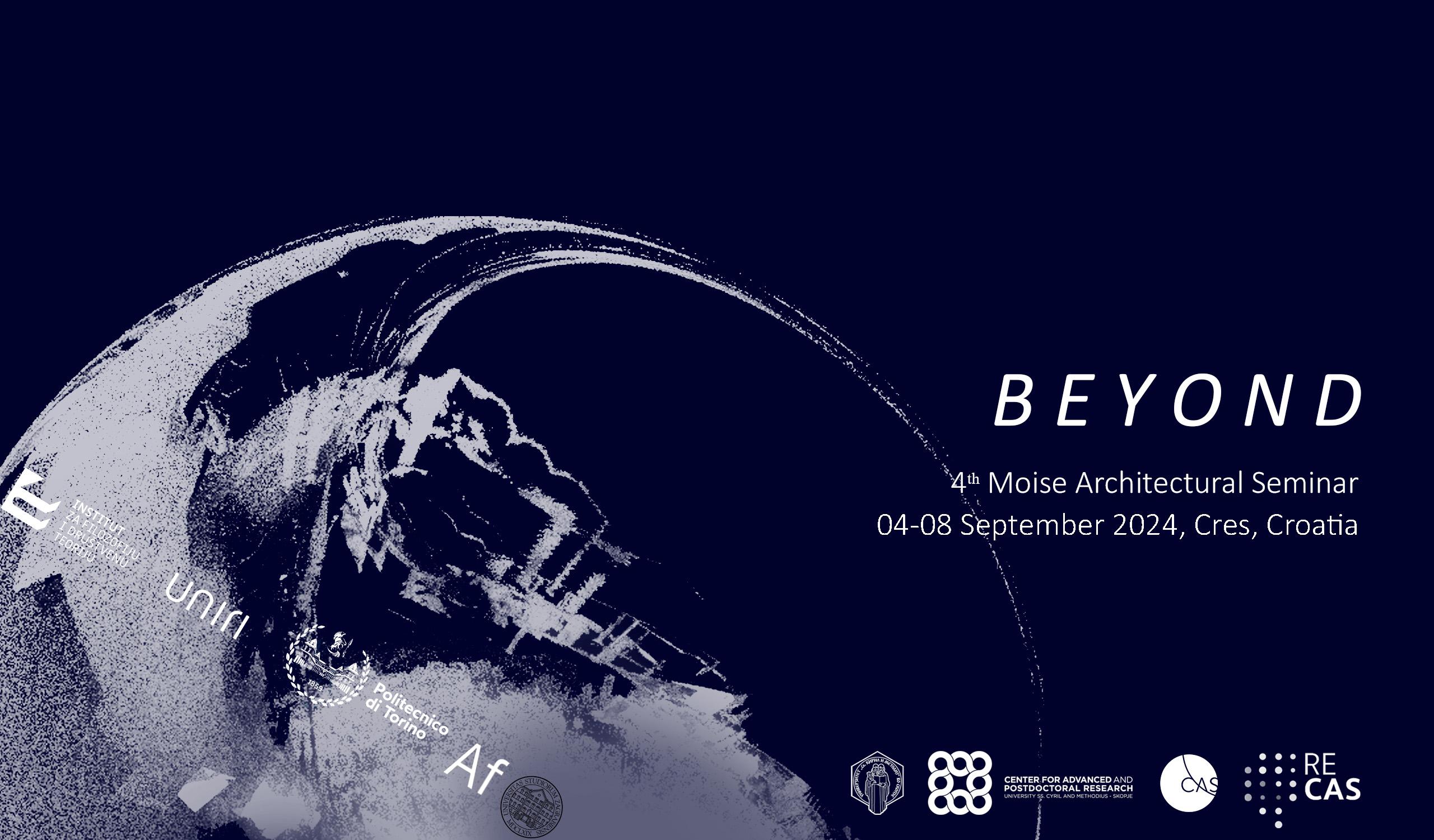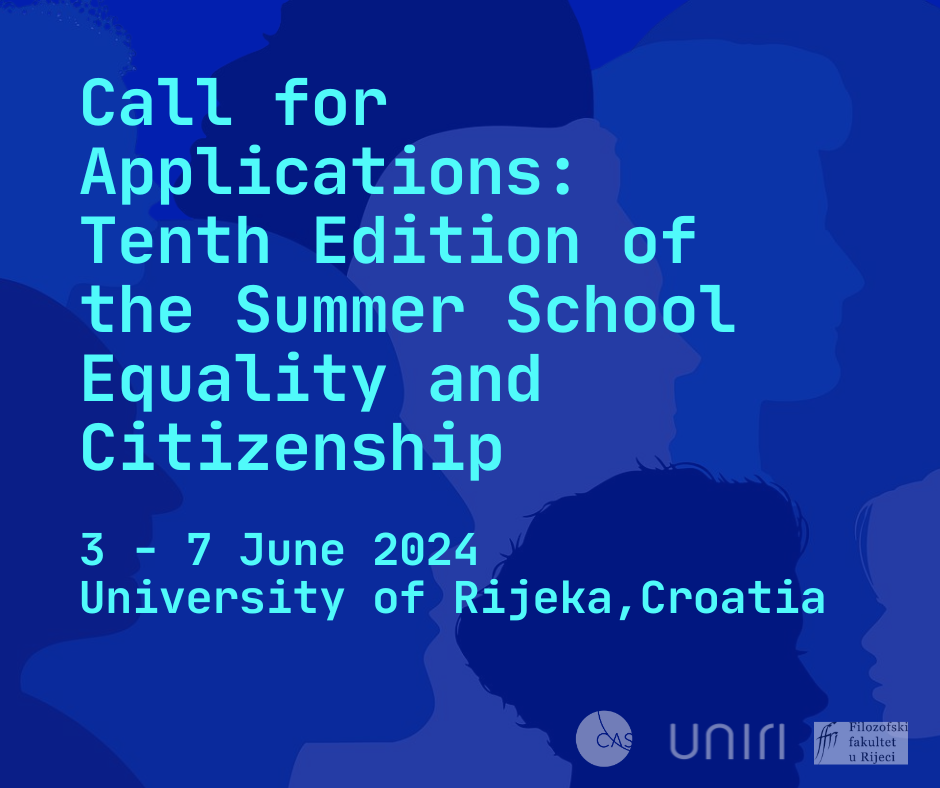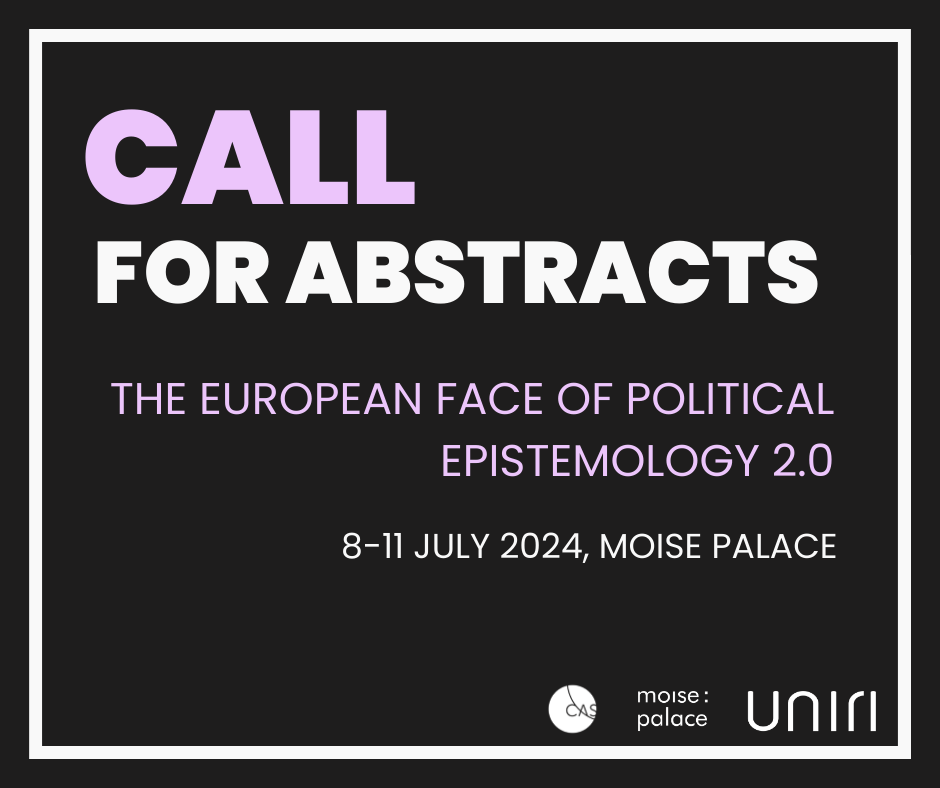The Second Summer School in Migration explores the analytical potential of critical migration and border regime studies in the context of the EU periphery or more precisely in the context of research of/along the so-called Balkan route. The school will consider current research and the struggles surrounding migration in the Balkan region. It will also explore the wide range of attempts made by the EU, transnational institutions, countries, local and interregional structures, and multiple humanitarian actors to regain control over the migrants’ movements after the official closure of the humanitarian-securitarian corridor in 2016. It will reflect on the highly dynamic and conflictual developments since the long summer of migration and its historical entanglements, the ambiguities of humanitarian interventions and strategies of containment, migrational tactics to survive, local struggles, artistic interventions, regional and transnational activism, and recent initiatives to curb the extensive practices of border violence and pushbacks.
The Summer School is a joint project organized by the Institute of Ethnology and Folklore Research (Croatia), the University of Göttingen, the Department of Cultural Anthropology/European Ethnology (Germany), the Institute of Ethnography of the Serbian Academy of Sciences (Serbia), the Research Centre of the Slovenian Academy of Sciences and Arts (Slovenia), the University of Rijeka, Faculty of Humanities and Social Sciences, Department of Cultural Studies and Center for Advanced Studies – Southeastern Europe (Croatia).
UNIRI The Moise Palace: Cres Island
An education center of the University of Rijeka. A five-hundred-year-old patrician townhouse and the largest Renaissance palace on the Croatian islands. A venue and forum for various scientific and research activities, it welcomes visiting academics, students and scholars.




